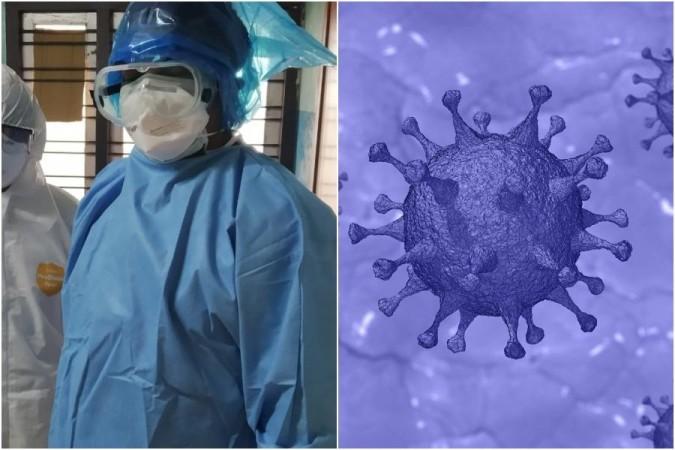The second wave of the Covid pandemic in India has waned, and medical experts are now waiting for a potential third wave that could hit the country anytime soon. Amid looming scare, a top expert in the country has predicted the possible peak time of the pandemic's third wave. Manindra Agarwal, an IIT Kanpur professor who previously predicted the peak of the second wave believes that the third wave of coronavirus in India could peak anytime in October and November.
Covid third wave could be less severe than the second wave
Agarwal also made it clear that the third wave of the pandemic will not be as severe as the second wave. He added that the onset of another wave of the Covid pandemic is contingent on the emergence of a more infectious strain.

According to Agarwal, India could witness more than one lakh cases a day if a new strain of Covid emerges.
"Status Quo is when no new mutant comes and New Variant is when 50% more infectious mutant comes by September. As one can see, the only scenario with some semblance of the third wave is New Variant one for epsilon = 1/33. In this scenario, new cases rise to ~1 lakh per day," tweeted Agarwal.
In another tweet, Agarwal noted that the number of fresh Covid cases in Kerala is rising drastically, and made it clear that new predictions will be made if the trend continues.
Status Quo is when no new mutant comes and New Variant is when 50% more infectious mutant comes by September. As one can see, the only scenario with some semblance of third wave is New Variant one for epsilon = 1/33. In this scenario, new cases rise to ~1 lakh per day. pic.twitter.com/ECNLGgWjLs
— Manindra Agrawal (@agrawalmanindra) August 29, 2021
ICMR's prediction on Covid third wave
A few days back, Dr Samiran Panda, the head of epidemiology and infectious diseases at the Indian Council of Medical Research had also predicted that the upcoming third wave of the pandemic will not be as deadly as the second wave, in which India witnessed more than 4,00,000 cases in a day.
"There would be a nationwide third wave but that does not mean that it would be as high or as intense as the second wave," said Panda.

















